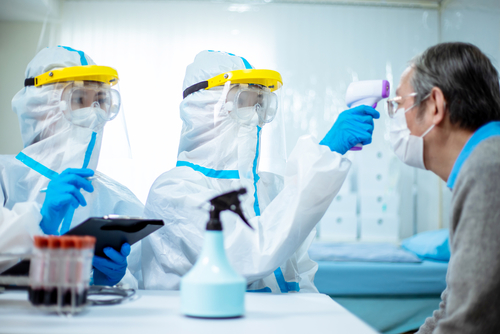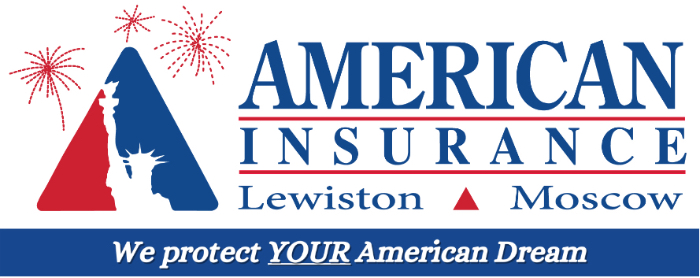Employers are challenged with two liability concerns regarding COVID-19 transmission – customers and employees. The latest liability exposure to manage is how to prevent claims for workers compensation or employer liability lawsuits made by employees (or their survivors) who contract the coronavirus.

Employers across the country are being sued by the families of workers who contend their loved ones contracted lethal cases of Covid-19 on the job. The Wall Street Journal reports that "Walmart Inc., Safeway Inc., Tyson Foods Inc. and some health-care facilities have been sued for gross negligence or wrongful death since the coronavirus pandemic began unfolding in March. Employees’ loved ones contend the companies failed to protect workers from the deadly virus and should compensate their family members as a result. Workers who survived the virus also are suing to have medical bills, future earnings and other damages paid out."
While workers compensation insurance would limit an employer’s liability, claims of “gross negligence” can lead to higher employer liability exposure. Employer liability is an insured exposure often included under Workers Compensation policies or as an endorsement to Commercial General Liability policies. Even so, preventing claims will benefit a business with lower workers compensation premiums, uninterrupted business operations and workers who feel safer while on the job.
FOLLOW HEALTH GUIDELINES: The best defense against any COVID legal liability is to follow health department guidelines. Any business that makes a good-faith effort to implement and follow the health department and/or governmental guidelines for their type of business operation is using the reasonable and ordinary care required during the COVID Pandemic.
LEGISLATIVE PROTECTIONS: New state and federal legislation seeks to balance worker protections and business liability. However, any employer liability shield will not protect a business from “gross negligence” type lawsuits.
WORK-RELATED PRESUMPTIONS: So far, fourteen (14) states (but not Washington or Idaho) have passed legislation to extend workers compensation benefits as a presumed work-related covered claim for specific types of front-line or essential workers. Each of these states have somewhat different new rules. But, in general, the rules relieve a worker from the hurdle of proving where they contracted COVID-19, if they work in a specific industry like a health-care facility, first responders, restaurants and other essential businesses.
In absence of these work-related presumptions, workers will likely have a difficult time showing that a COVID-19 infection was “occupational”.
IDAHO AND WASHINGTON STATE GUIDANCE: Currently both the Idaho Industrial Commission (https://iic.idaho.gov/) and Washington Labor & Industries (https://lni.wa.gov/) provide the following advice concerning COVID-19:
When will a claim likely be denied? When the contraction of COVID-19 is incidental to the workplace or common to all employment (such as an office worker who contracts the condition from a fellow employee), a claim for exposure to and contraction of the disease will be denied.
Can COVID-19 ever be allowed as a work-related condition? Under certain circumstances, claims from health care providers and first responders involving COVID-19 may be allowed. Other claims that meet certain criteria for exposure will be considered on a case-by-case basis.
For more information on COVID-19 related insurance issues please contact agents at AMERICAN INSURANCE. Contact us or email LossControl [at] Am-Ins [dot] com.


